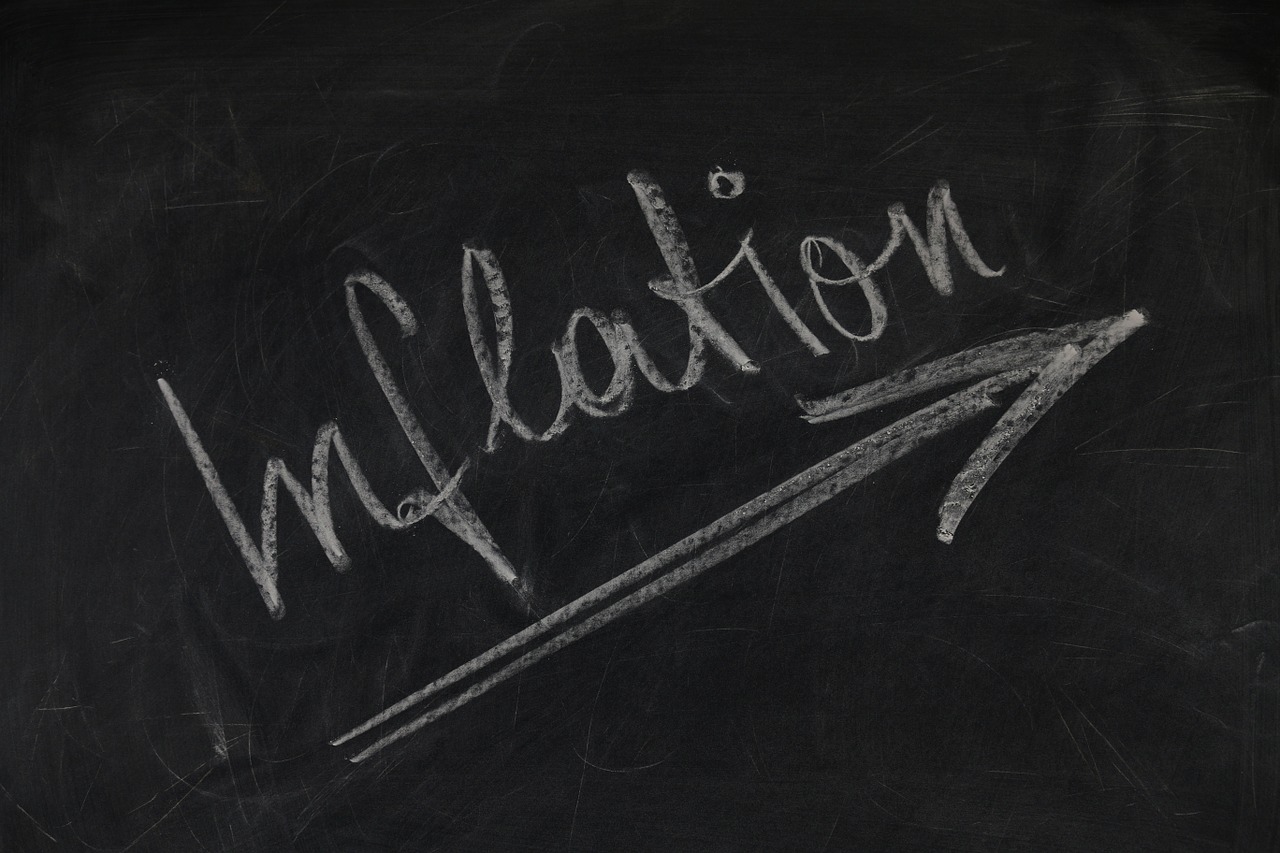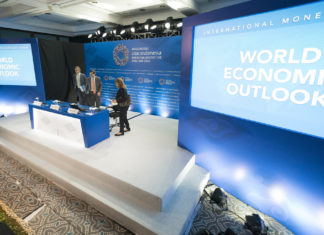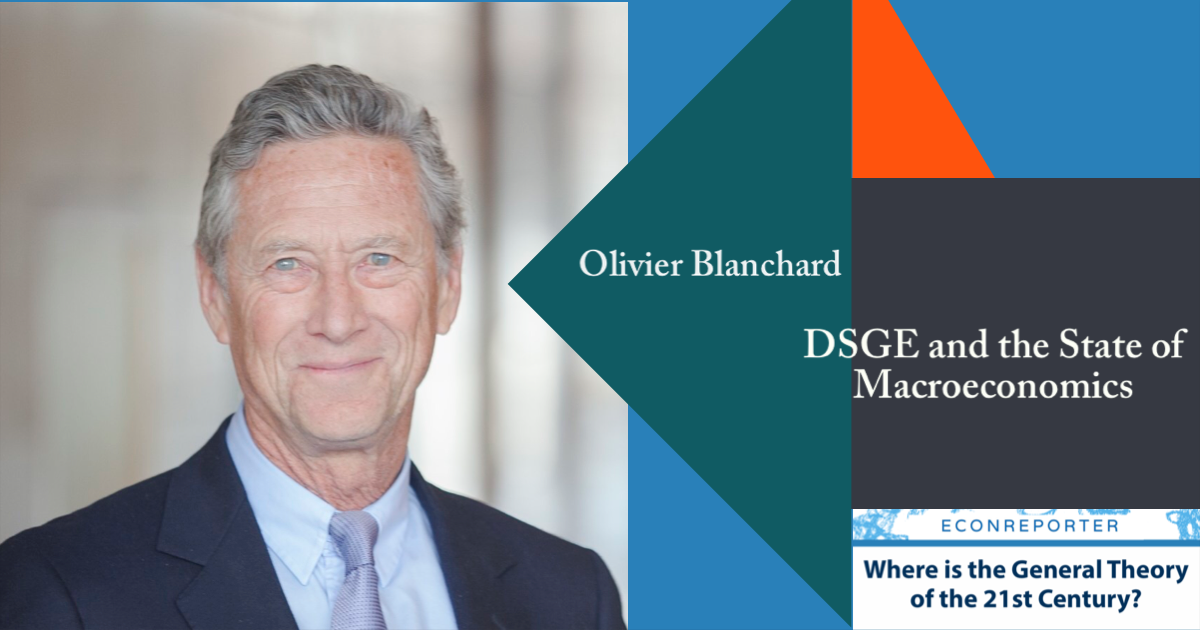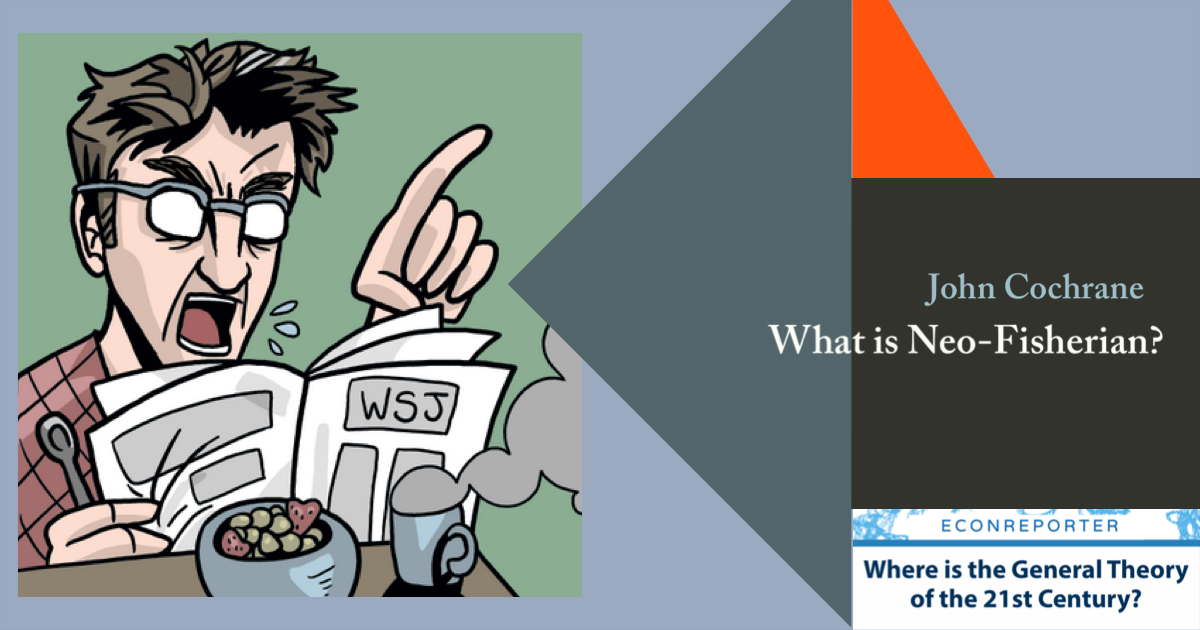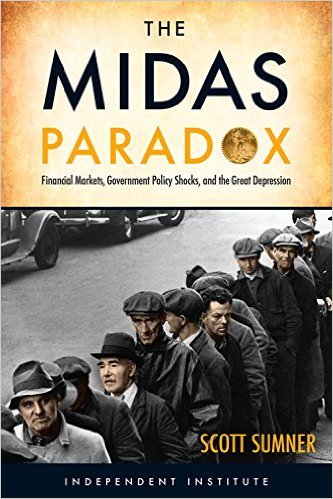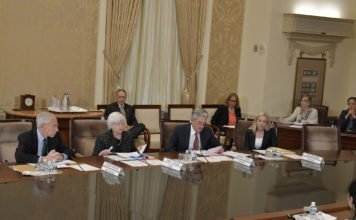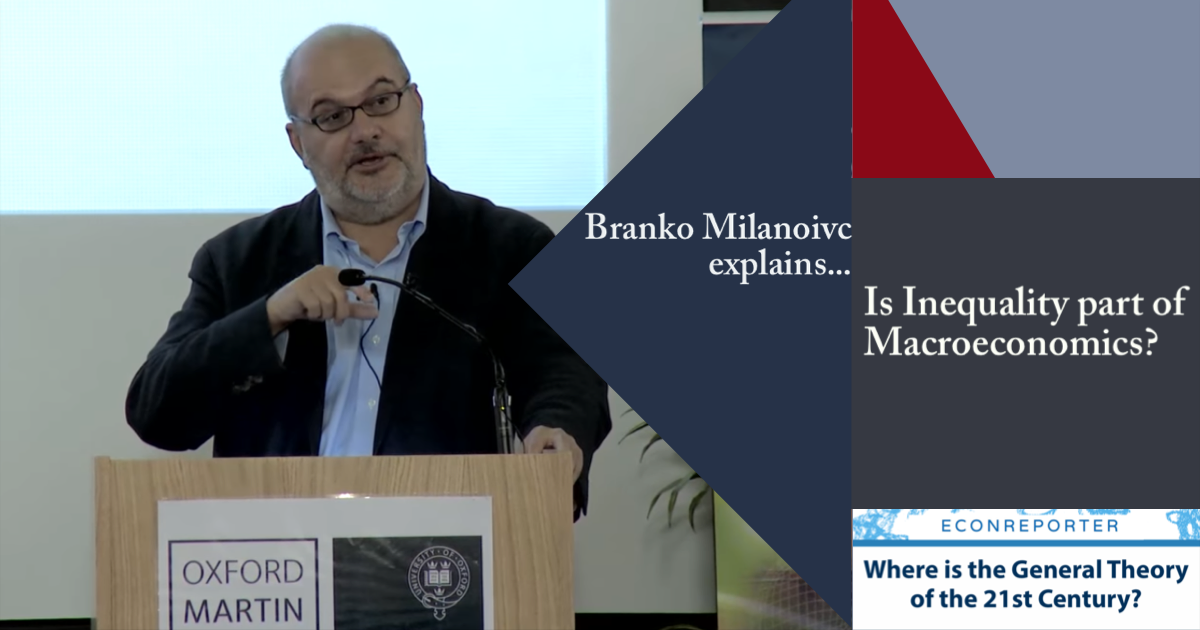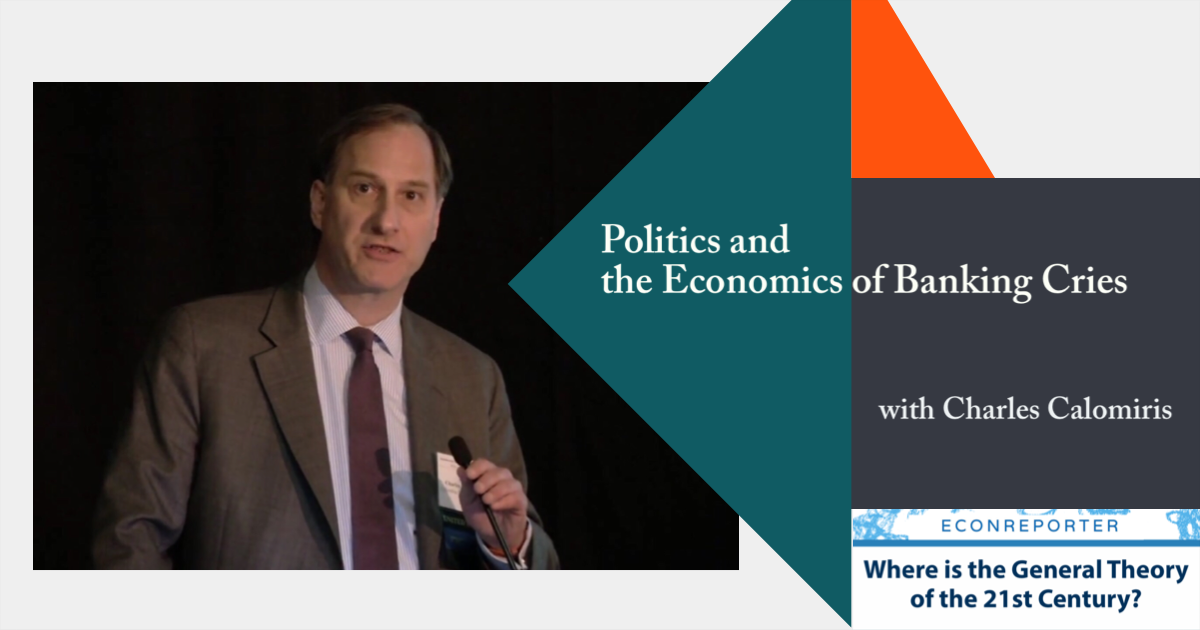The problem with monetarist’s view of inflation
Long-run stability of the velocity, or the filpside of it, money demand, however, is not a empirically founded assumption.
The repo spike is not liquidity crisis; it is a crisis for Fed’s floor...
The floor system needs a cap on top of it. The sooner the Fed realizes it, the better they will be prepared for the coming financial turmoil.
Is there a Zero Lower Bound?
In a recent research, four European Central Bank economists found that negative interest rate policy in the eurozone can encourage banks to increase lending and encourage cooperations to increase investments.That is, contrary to what macroeconomics models usually predict, interest rate policy can still has stimulative effect even the zero lower bound is reached.
When will Hong Kong’s Interest Rates Align With the US?
If you think the interest rate gap between Hong Kong and US is a market phenomenon, think again. HK Monetary Authority has a much bigger role than you think
Phillips Curve is Not a Straight Line…
A story about three economists agree with the prevailing consensus that the Phillips Curve of the US is flattened in the last few decades on the one hand; and dispute the idea that the Phillips Curve is dead on the other.
FedSpeak Might Not Have Much Effects on Public’s Inflation Expectation
In a recent NBER working paper "Monetary Policy Communications and their Effects on Household Inflation Expectations", economists Olivier Coibion, Yuriy Gorodnichenko and Michael Weber tried to find out how the household's expectation for inflation change with regard to the information they received.
IMF Growth Projections and Overfitting in Judgment-based Economic Forecasts
In a recent IMF working paper "Overfitting in Judgment-based Economic Forecasts: The Case of IMF Growth Projections", economist Klaus-Peter Hellwig examined IMF's World Economic Forecasts (WEO) and check if the forecast model suffer from the problem of overfitting.
Bank Equity and Banking Crises
In a recent study "Bank Equity and Banking Crises" by Matthew Baron (of Cornell University), Emil Verner (MIT Sloan), and Wei Xiong (Princeton University), the three economists developed a comprehensive database of bank equity prices and banking crises with a full-sample of 46 countries from 1870-2016. They try to understand the dynamic between bank equity decline and banking crises.
Nonbank Lending
In their recent working paper "Nonbank Lending", economists Sergey Chernenko, Isil Erel, and Robert Prilmeier provided an insightful overview of the sources and terms of private debt financing during the post-crisis period.
The Non‐Bank Credit Cycle
In a new working paper "The Non‐Bank Credit Cycle", researchers Esti Kemp, René van Stralen, Alexandros Vardoulakis, and Peter Wierts tried to look into the cyclical properties of non‐bank credit and its relevance for financial stability.







